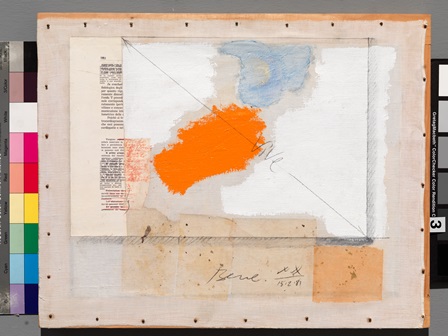ELF Users’ Perceptions of Their ‘non-nativeness’ in Digital Communication Through English: Falling Short of the Target?
DOI:
https://doi.org/10.13130/2035-7680/8307Parole chiave:
English as a Lingua Franca, non-nativeness and ‘errors’, digital communicationAbstract
In the past years, the unprecedented use of English as a shared language of communication has sparked academic interest in English as a Lingua Franca (ELF). One of the main tenets of ELF studies, in the deconstruction of the persisting dichotomy between ‘nativeness’ and ‘non-nativeness’, is a perspective on non-normative forms that does not consider them ‘errors’ or ‘failures’ in comparison to native (Standard) norms. Rather, these forms may occur as the result of meaning-negotiation strategies, or as expressions of identity.
However, ELF users appear to show a certain level of self-consciousness when communicating in ELF contexts, often pre-empting potential deviant uses of the language by apologizing for their ‘non-native’ English - or by flagging what they perceive as marked linguistic choices. Indeed, bilingual speakers of English are still traditionally characterized by their non-nativeness as ‘deficient’ language users, where their identity as (permanent) learners is foregrounded within a ‘comparative fallacy’ (Cook 1999) paradigm, that is also projected on language use.
This paper explores ELF users' perceptions of their ‘non-native’ use of the language in digital contexts. Such perceptions will be investigated, through a mainly qualitative approach, with data drawn from the Sketch Engine EnTenTen corpus (2013v2), comprising almost 23 billion tokens of web data.




